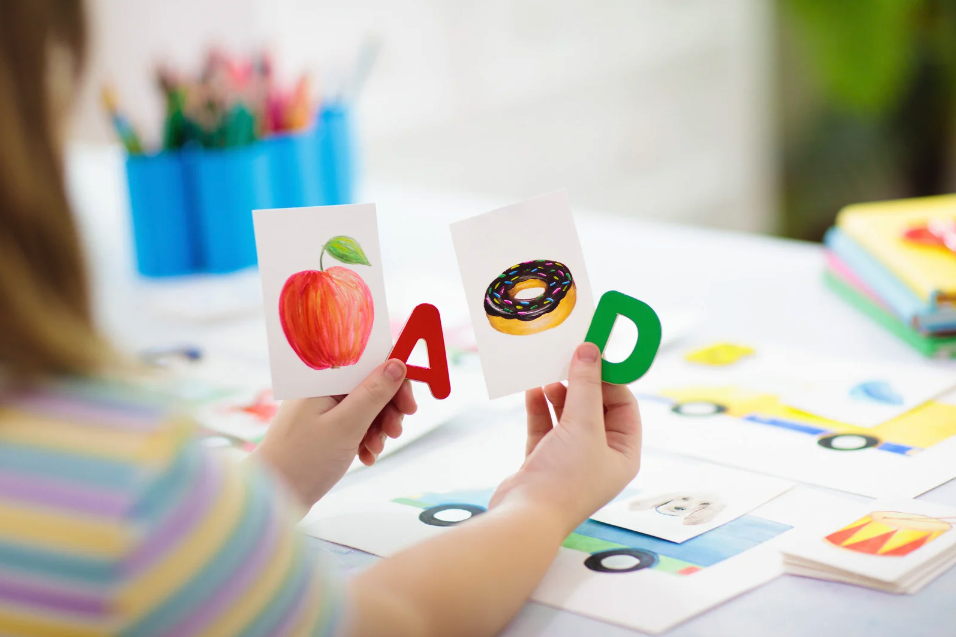The power of personalized learning in early childhood education
Structured, personalized, and daily monitored learning in early childhood development (ECD) can profoundly impact a child’s growth and future success. Personalized learning tailors educational experiences to fit the unique needs, strengths, and interests of each child, and can lead to significant improvements in educational outcomes.
Imagine a group of children where diversity isn’t just accepted, it’s celebrated. Personalized learning is fundamentally rooted in the recognition of each child’s individuality, which is pivotal to shaping their educational journey. While traditional education models may find it challenging to address the variety of learning styles, paces, and interests among children, personalized learning welcomes this diversity by customizing learning activities to fit every child. DigiLa is an innovative platform, which creates an opportunity to observe every child’s development as a whole, bearing in mind their individual needs, strengths and areas of development – with DigiLa every child can reach their full potential.
Research behind the strategy

Neuroscience research has shown that the early years of a child’s life feature the most rapid period of brain development. During this time, neural connections are forming at an astonishing rate in response to the child’s experiences. Personalized learning strategies leverage this plasticity by providing tailored experiences that can strengthen andrefine these neural connections, which are the basis for cognitive and social-emotional skills.
Personalized learning fosters motivation by letting children pursue topics that genuinely interest them. Children’s Club Väike Päike, which has 20 years of experience in early childhood education, has created educational and interactive videos for Digila on eight areas of learning: language and speech, music, art, mathematics, STEAM, digital, self and environment, and movement, which support children’s versatile development. Each video addresses a topic through an activity while also fostering overall skill development.
Research shows, that when educational experiences are tailored to individual learner characteristics and needs, there is a positive impact on learning outcomes. This includes improved engagement and higher achievement scores. Also, this means adapting plans to a child’s preferred learning modality, whether it is visual, auditory, kinesthetic, or incorporating subjects that align with their interests and passions.
Daily tracking of a child’s development
 Daily monitoring and assessment can help educators and parents identify areas where a child may need additional support. This enables forehanded interventions that can address and deal with gaps in development or learning. DigiLa uses a data-based approach to monitor and analyze a child’s development every day, by which you can spot trends and patterns. It’s a valuable tool for teachers to use when supporting every child’s personal developmental needs. Also, parents can observe in real-time their children’s learning progress. This kind of ongoing assessment is key to ensuring that early childhood education programs are meeting the needs of each child and can lead to better social-emotional development, cognitive growth, and preparedness for the future.
Daily monitoring and assessment can help educators and parents identify areas where a child may need additional support. This enables forehanded interventions that can address and deal with gaps in development or learning. DigiLa uses a data-based approach to monitor and analyze a child’s development every day, by which you can spot trends and patterns. It’s a valuable tool for teachers to use when supporting every child’s personal developmental needs. Also, parents can observe in real-time their children’s learning progress. This kind of ongoing assessment is key to ensuring that early childhood education programs are meeting the needs of each child and can lead to better social-emotional development, cognitive growth, and preparedness for the future.
A future proof education
Personalized learning offers a tailored approach to early childhood education, promoting engagement, achievement, and comprehensive development. With its focus on individualized instruction and continuous monitoring, personalized learning equips children with the skills they need to succeed in the future.
References:
- The Center on the Developing Child at Harvard University, The Science Of Early Childhood Development. Closing the Gap Between What We Know and What We Do.
- OECD. (20218). Data and monitoring to improve quality in early childhood education and care.
- Basham, J. D., Hall, T. E., Carter Jr, R. A., & Stahl, W. M. (2016). An operationalized understanding of personalized learning. Journal of Special Education Technology.
- Morin, A. Personalized learning: What you need to know.
- Kucirkova, N. (2017). Digital personalization in early childhood: Impact on childhood. Bloomsbury Academic.

